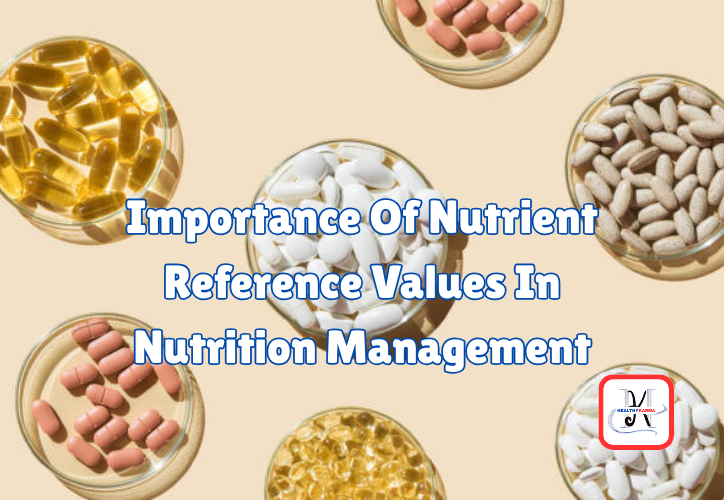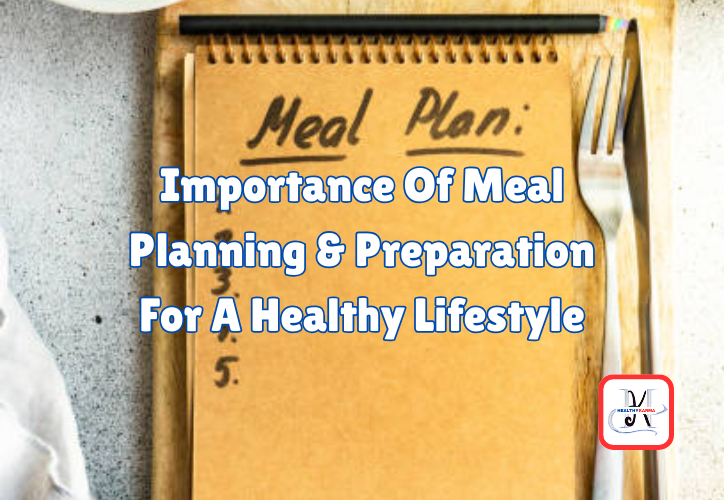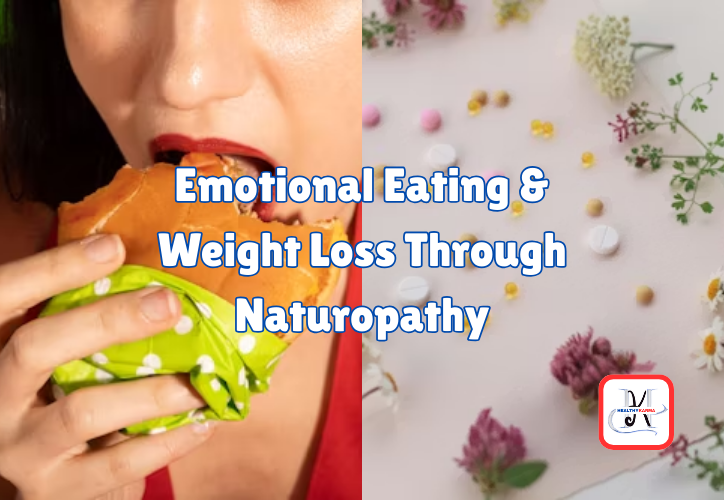
The Science Of Chewing: The Role Of Chewing In Successful Weight Management

Have you ever visited a farm and observed a cow or a buffalo while eating food? And the time that they take to eat their food? They take the food in their mouth and keep chewing the food.
For us as human beings also, regular chewing of food plays a significant role in impacting the basic metabolic rate and weight loss. When you chew your food thoroughly, it breaks down into smaller pieces, making it easier for the digestive enzymes in your stomach to further break down the food and extract nutrients. This initial breakdown of food into smaller particles facilitates easier digestion and absorption of nutrients in the gastrointestinal tract.
The process of chewing the food stimulates the production of saliva in the body, which releases digestive enzymes in the body like amylase, which help with breaking down the complex carbs present in the food easily. As a result, the food is partially digested before it even reaches the stomach, leading to better nutrient absorption and improved levels of metabolism.
Research indicates that the process of chewing food thoroughly and eating slowly has been linked to reduced calorie intake, which in turn helps with sustainable weight loss. By taking the time to chew each bite properly, you give your body an opportunity to signal to your brain that you are full, which can prevent overeating and unnecessary snacking. Additionally, chewing food well can increase satiety and reduce the likelihood of consuming excess calories, thereby supporting weight management goals.
Overall, regular chewing of food not only aids in proper digestion and nutrient absorption but also promotes a healthier metabolism and can contribute to successful weight loss by helping control food intake and promoting a feeling of fullness.
A recent study published in the American Journal of Clinical
Nutrition found that participants who chewed each bite of food 40 times
consumed fewer calories compared to those who chewed only 15 times.
This study published in the American Journal Of Clinical Nutrition highlights the connection between chewing behaviour and calorie intake, emphasizing the importance of mindful eating habits in controlling weight, as
part of managing a healthy lifestyle.
Regular chewing of food has been associated with improved nutrient absorption, as properly chewed food allows for better breakdown of macronutrients like carbohydrates, proteins, and fats, enhancing the body’s
ability to absorb essential vitamins, minerals, and other nutrients.
The process of chewing also stimulates the release of hormones in the body such as ghrelin and leptin, that are responsible for managing the hunger levels and are indicators of fullness levels in the body. By chewing food thoroughly, individuals may experience improved hormonal responses that indicate the fullness levels in the stomach, reducing the likelihood of overeating, supporting weight loss efforts in a sustainable manner.
Furthermore, research suggests that the speed at which food is consumed can impact satiety and food intake. Studies have shown that slower eating and thorough chewing can lead to reduced food consumption and lower calorie intake, ultimately aiding in weight management. By chewing food slowly and mindfully, individuals may be more in tune with their hunger cues and feel satisfied with smaller portions.
A study published in the Journal of the Academy of Nutrition and Dietetics demonstrated that individuals who chewed almonds more thoroughly had higher levels of absorption of certain nutrients, such as fats and fat-soluble vitamins.





